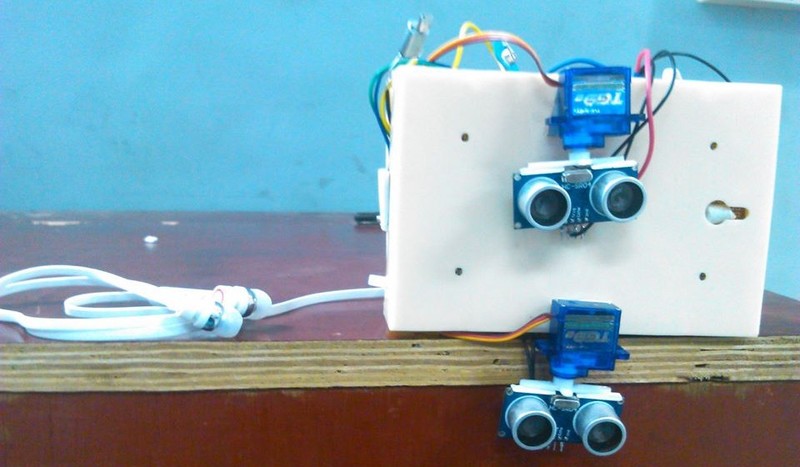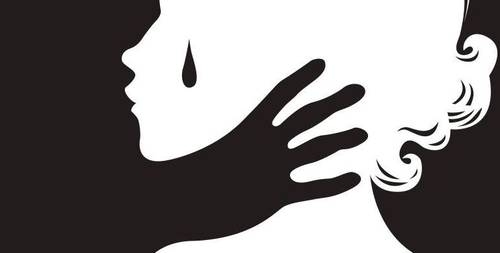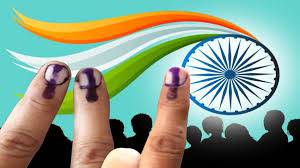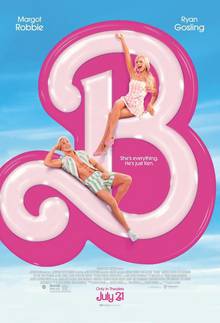
Walking chair. Psuedo eyes. On road accident anticipation. e-Glove. When you hear these cool terms, you would imagine gadgets from sci-fi movies. But a section of the students of CEG had taken it upon themselves to create these products, not to show off their skills, but to enable different sections of the society to progress in some way or the other. This section, which put to use their engineering skills for social causes, is more popularly called the Projects team of CTF. Following is an exclusive interview of the K!ore members (Madhubala and Ashok Kumar of EEE department) of the Projects team.
On what basis do you select the projects?
We classify the projects we get into three categories. They are Products, Social initiatives and those for the physically challenged. CTF was first started to get industry projects done by students. We fund projects done by the students. Innovation is given importance in every project and usefulness to people from the idea is also checked.
What will be your work before K! and during K!?
Our work is mostly before K!. We have our open call in August and we start the project work in September. One month time is given for the abstract and then the good projects worth funding are shortlisted. Then we check the feasibility and also which company will find it useful and we try to get sponsorship from them. If that doesn’t work out, we try to do it using funds available from CTF.
During K!, our aim is to do the best marketing for the best projects and help CEG students be aware about these projects and also to showcase our talents to the students from other colleges.
How do you coordinate the work between the participants?
First we will try to increase the confidence level of the participants and then we tell them what resources are available and where they are available and before having them work. When they struggle we help them. We teach them to organize themselves and help them plan the workflow and timeline too.
Do other college students get chance to do projects with K!?
We have another event ‘Projects Show’ for students of other colleges, where they can display the projects they have done.
Why do you prefer interdisciplinary projects?
Basically any project is an interdisciplinary project, in the sense that the work involved needs knowledge from different streams. Hence interdisciplinary participation would make the work simpler. For example, the knowledge in Mechanical stream helps in making designs, EEE in power source facilitation, etc.,
What are the major benefits for participants?
One of the important benefits for the participants is their improvement in professionalism. They also learn to convert their projects into products. Their technical skills develop effectively. They gain a letter of appreciation, which has high value, especially when you get the credit in an event which has the UNESCO patronage, it speaks for itself.
As a K!ore of projects team, what have you gained from your experience?
When we were in third year, we learnt how to do a project. Now as K!ores, we learnt to manage teams. We made a structure and assigned a project manager for each team, who facilitates easy blending of all members within the group and communication between groups which are working for the common goal of making the project a successful one in the upcoming K!
On what basis do you sanction the amount for projects?
We look at the project worth and also the tentative budget. Mostly we don’t do R and D projects. We want to have projects that can be applied in real time situations and projects that solve simple problems.
How is doing a project in CTF different from doing projects in their respective departments?
Projects which we do in our departments may not go to completion. But here, we give a helping hand in crossing the breakaway point beyond which your completion of your project becomes easy. We provide support in terms of networking with domain experts, thus making it an easy and interesting experience for the participants.





